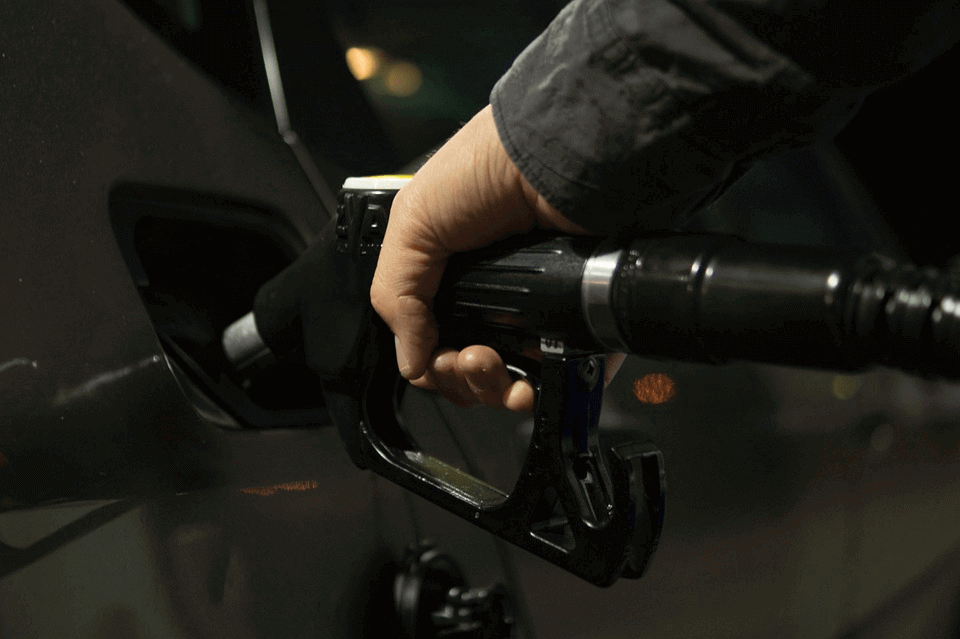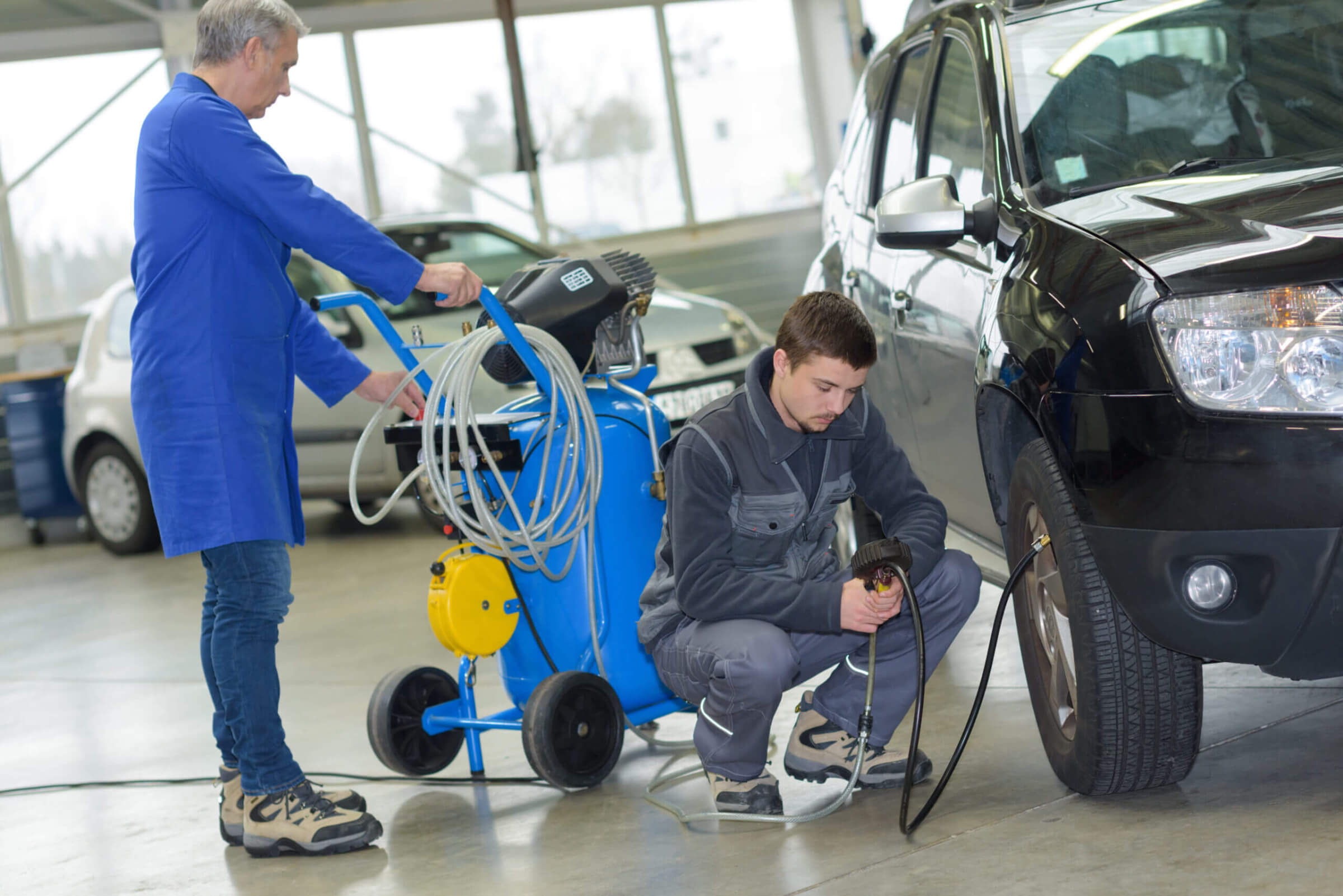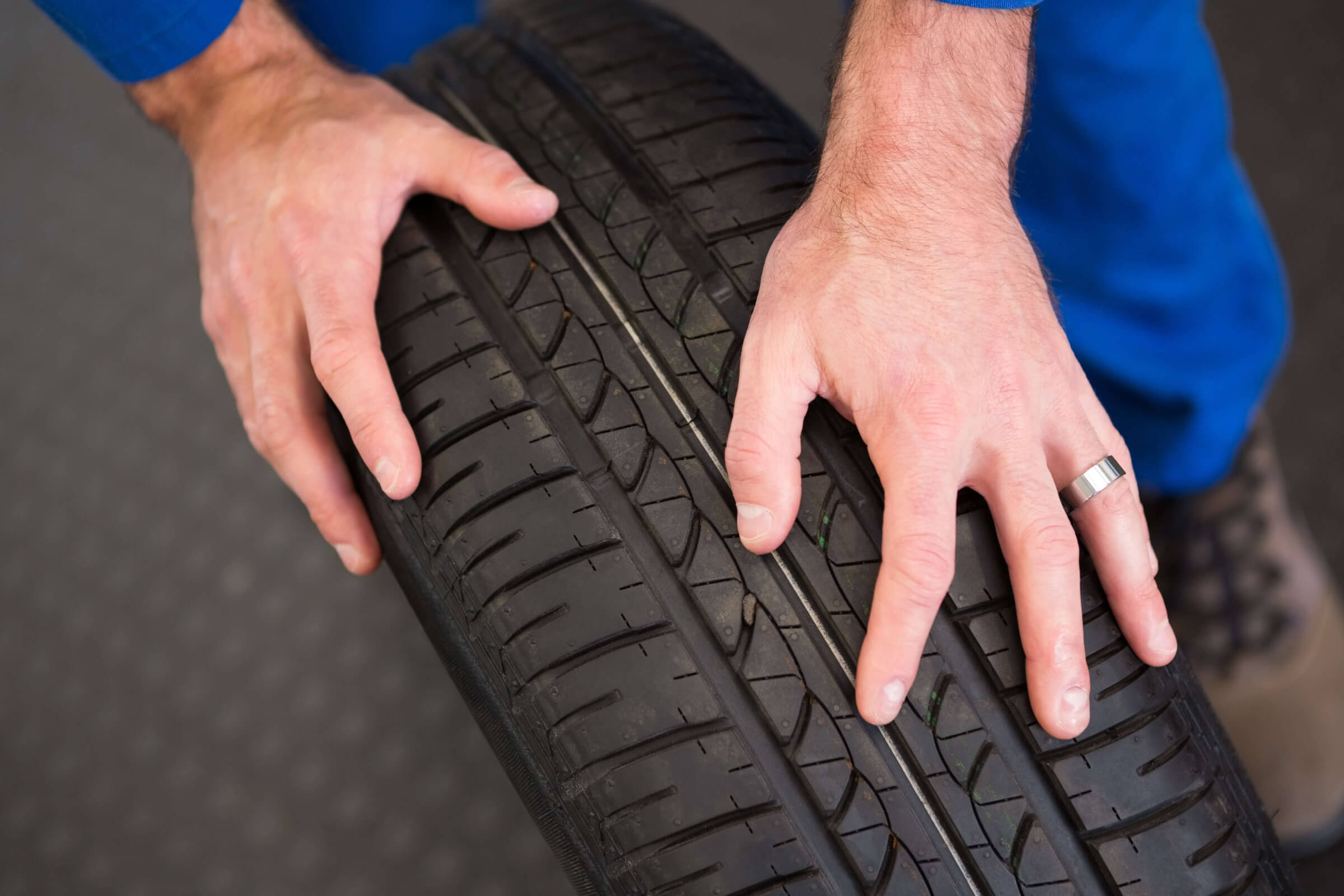When reading any technical article about tires, it’s not uncommon to see mention of the impact they can have on your car’s fuel consumption and therefore, obviously, on your wallet. It may sound surprising, but they alone are responsible for more than 20% of the total fuel consumption of your trips. Knowing that, it’s easy to understand how it’s important to know both why tires play such an important role for your fuel tank and, above all, how to reduce both the maintenance cost and the CO2 emissions of your car!
Automobile manufacturers have long been aware of the consequences of using improper tires on fuel consumption. For several decades now, most models have been leaving the factory with special tires designed specifically to reduce this impact. The secret: they generate very little friction with the road. Indeed, it is this simple principle of physics that is at the root of the problem. A tire that rubs on the uneven and rough road surface necessarily generates some friction while driving. The greater the friction, the more energy the tire needs to keep going. This is called rolling resistance.
Tires for everybody
Until recently, these low-resistance tires were not easily found at your local tire professionals’. They use new synthetic materials and aerodynamic tread patterns to minimize friction with the ground. It was only a few years ago that they started to become more common, after tire manufacturers noticed public interest in this simple way to reduce fuel consumption. Nowadays, tires are classified into six types, marked with a letter between A and G, according to their resistance. The difference is quite steep. A type G tire, for example, will consume more than 0.6L/100km more than a type A tire. Depending on the life of your tire, this can represent savings of a few hundred dollars!
Low-resistance tires
So, what can you do to take advantage of the benefits of a low-friction tire? The least complex, but most expensive, solution is simply to buy tires designed to conserve energy. There are several on the market such as the Michelin Energy Saver A/S or the Continental line with EcoPlus technology. However, this solution is not perfect. These tyres are not suitable for all types of vehicles and have certain disadvantages, including poor snow performance.
Luckily, it is possible to reduce your fuel consumption by applying a few little tricks and without purchasing anything. Checking your tire pressure regularly, for example, using a TPMS or a good old manual pressure gauge, will help protect your tires from wear and tear and reduce your fuel consumption. In winter, it is also important to keep your wheels well clear of any snow or ice that may have accumulated on them. Who would have thought that these four pieces of rubber would have such a big impact on your bank account and, more importantly, that it would be so easy to fix them?





